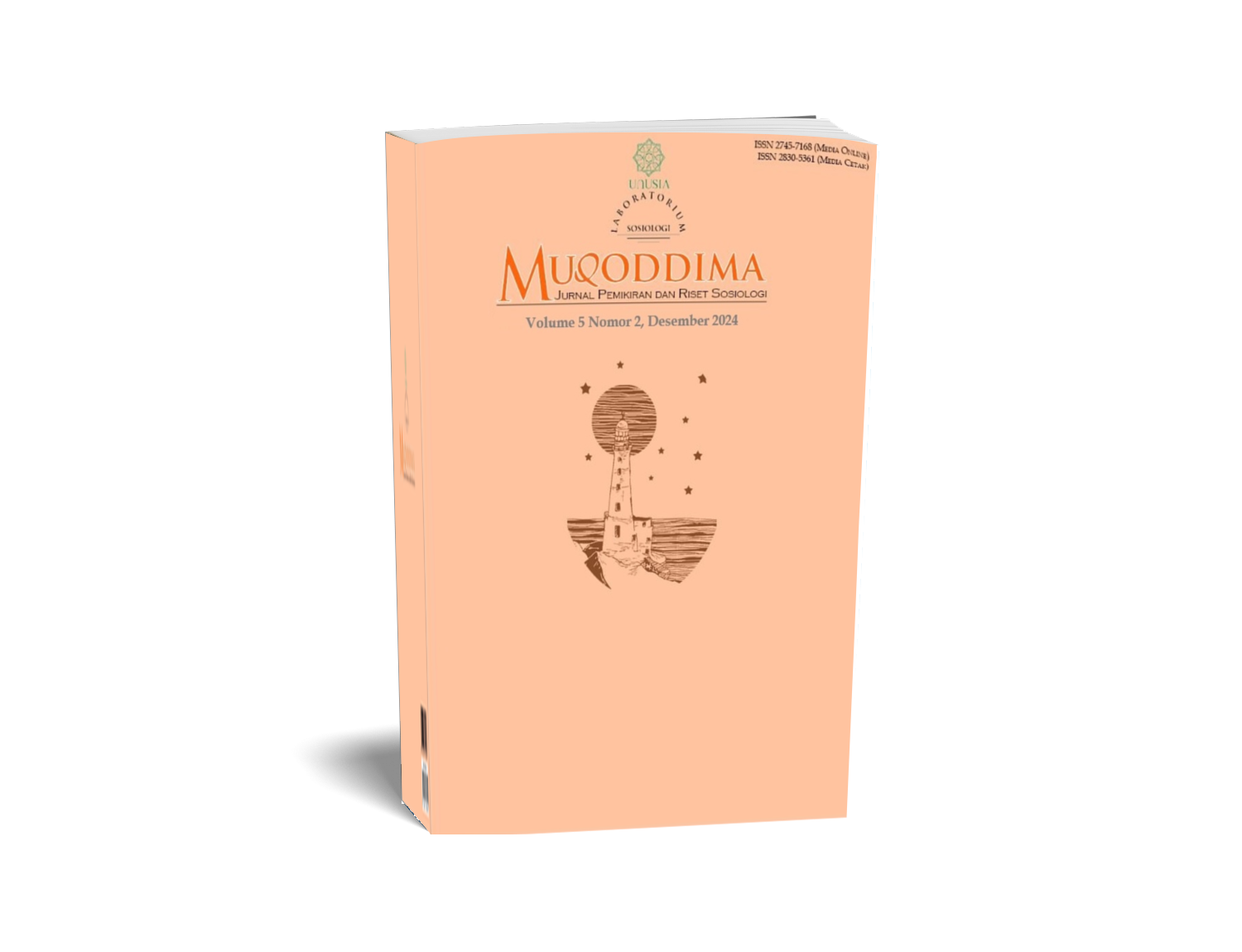Female Students' Construction of Money Politics in Village Head Elections
DOI:
https://doi.org/10.47776/MJPRS.005.01.03Keywords:
Construction, Student, Money PoliticsAbstract
In state activities carried out will not be separated from acts of corruption committed by an individual or a group of persons who have power. There are three types of phenomena that are included in acts of corruption, namely extortion, bribery, and nepotism. One of the most common corruption phenomena in society is the practice of buying and selling votes or what is commonly known as money politics. The practice of money politics is very prone to occur when village head elections are held. Based on the explanation of this phenomenon, the purpose of conducting this research is to find out how the reality is built by female students as educated people when they see the practice of money politics that occurs. The theory used is Peter L. Beger's construction theory. The primary data used in this research was collected through non-participant observation techniques and structured interviews, while the secondary data was collected through library research techniques. This research shows that in the externalization stage, all resource persons conveyed their ideas according to their respective experiences so that a shared awareness emerged about money politics in the pilkades. Furthermore, objectivation can be seen through the cadres or people who nominate themselves as leaders who will tour the village and visit residents' homes. In the final stage, namely internalization, some sources will choose the candidate who gives them the most money.
Downloads
References
Alatas, Syed Hussein. 1981. Sosiologi Korupsi : Sebuah Penjelajahan Dengan Data Kontemporer (Terjemahan). Jakarta: LP3ES.
Anon. n.d. “‘UU No. 31 Tahun 1999 Tentang Pemberantasan Tindak Pidana Korupsi [JDIH BPK RI].’” Retrieved April 9, 2023 (https://peraturan.bpk.go.id/Home/Details/45350/uu-no-31-tahun-1999).
Basrowi dan Juariyah, Siti. 2010. “Jurnal Ekonomi & Pendidikan, Volume 7 Nomor 1, April 2010.” Jurnal Ekonomi & Pendidikan 7(April):58–81. doi: https://doi.org/10.21831/jep.v7i1.577. DOI: https://doi.org/10.21831/jep.v7i1.577
Pahlevi, Moch Edward Trias, and Azka Abdi Amrurobbi. 2020. “Pendidikan Politik Dalam Pencegahan Politik Uang Melalui Gerakan Masyarakat Desa.” Integritas : Jurnal Antikorupsi 6(1):141–52.
Putri, Magda Ilona Dwi, Nahdia Arifani, Dela Ratnasari, Maurelia Vidiara Auliavia, and Sinta Nuriyah. 2020. “Politik Dan Tradisi: Politik Uang Dalam Pemilihan Kepala Desa.” JURNAL ISIP: JURNAL ILMU SOSIAL DAN POLITIK 17(2). doi: http://dx.doi.org/10.36451/j.isip.v17i2.46. DOI: https://doi.org/10.36451/j.isip.v17i2.46
Rahmi, Nur Amilia Kartika, and Eka Vidya Putra. 2022. “Praktik Politik Uang Pada Pemilihan Kepala Desa.” Jurnal Perspektif 5(3):423–31. doi: 10.24036/perspektif.v5i3.642. DOI: https://doi.org/10.24036/perspektif.v5i3.642
Siyoto, Sandu, and M. Ali Sodik. 2015. DASAR METODOLOGI PENELITIAN. Vol. 7.
Downloads
Published
Issue
Section
License
Copyright (c) 2025 Putri Cahya Sufiyah, Anata Reyustina Almaidah, Fransiscus Sadewo, Mochamad Arif Afandi

This work is licensed under a Creative Commons Attribution 4.0 International License.







